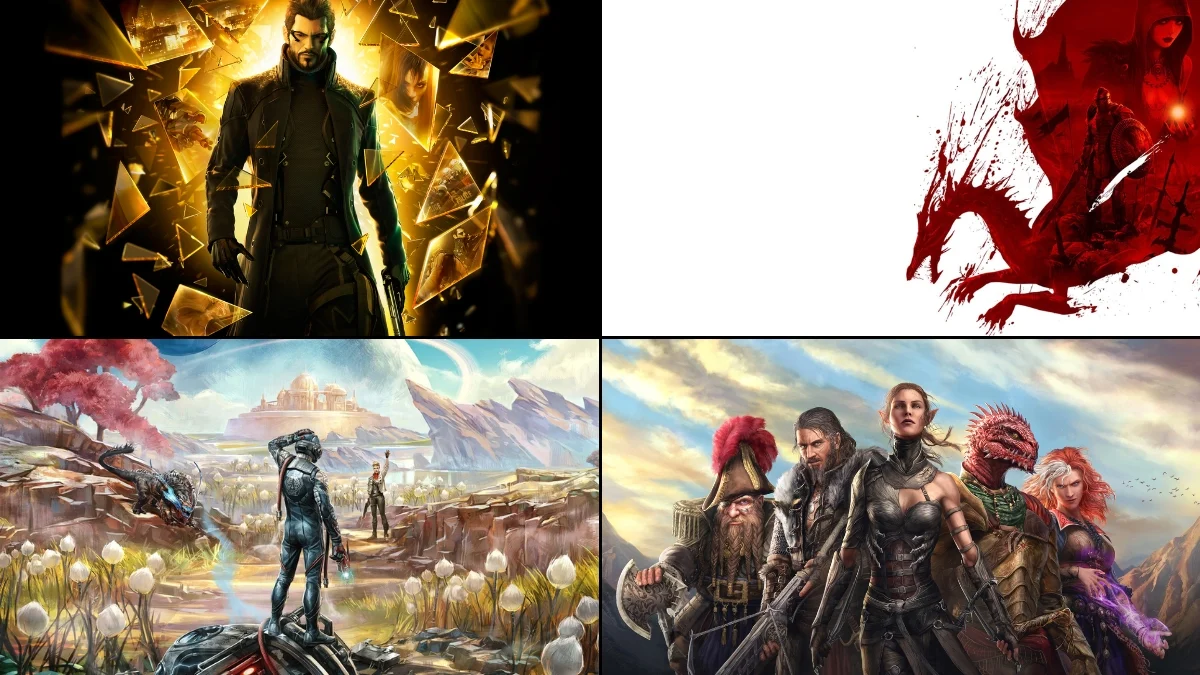
Role-playing games often challenge players with difficult decisions, and these choices are rarely simple. The moral dilemmas listed below can significantly alter the game’s story, change relationships between groups, and even lead to different endings – sometimes closing off certain options while creating new ones. To help you find these impactful moments, we’ve included the main decision involved and the game development team responsible for creating it.
‘The Witcher 3: Wild Hunt’ (2015)
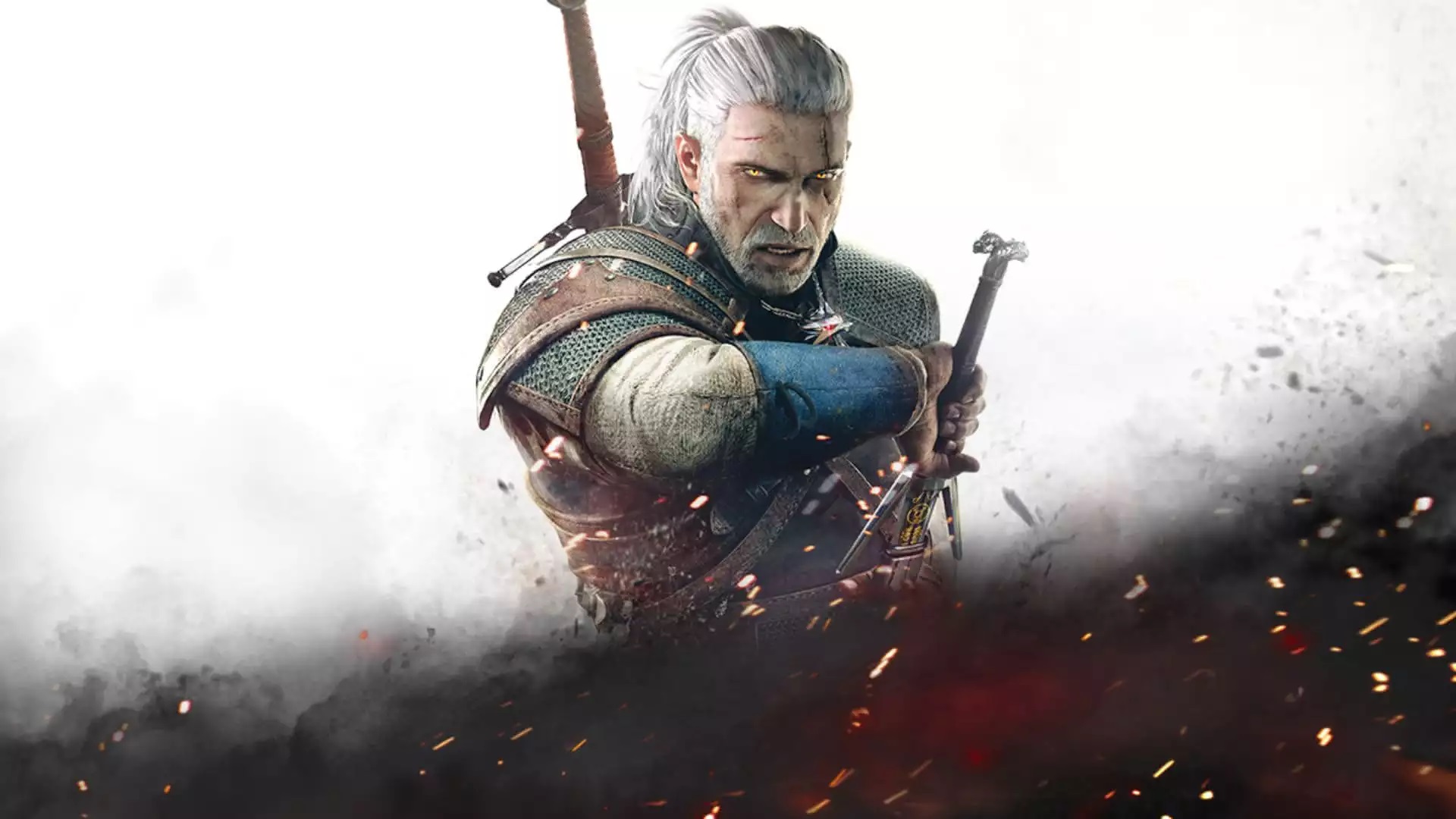
In The Witcher 3, CD Projekt Red created a world where your choices truly matter. For example, the “Family Matters” quest forces you to decide whether to help a troubled nobleman or his family. Your actions regarding the crones and orphans in Crookback Bog have lasting effects on characters and locations throughout the game. Even dealing with mage hunters in Novigrad can impact who’s willing to help you, what shops are open, and which side quests you can access. The game remembers your decisions, and they can even carry over into the DLC if you continue a saved game.
‘Mass Effect 2’ (2010)
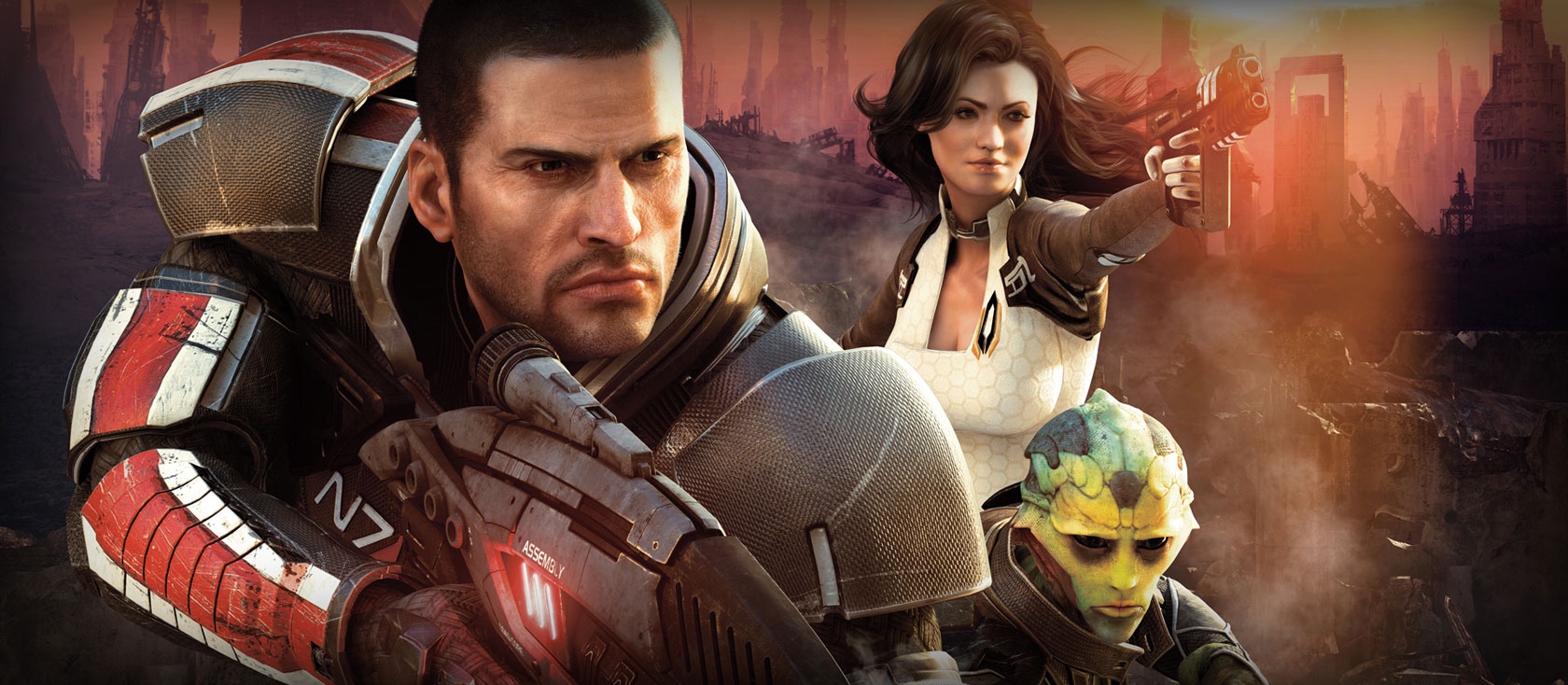
As a huge Mass Effect 2 fan, I always thought the choice about the Collector Base was brilliant – deciding whether to keep it for research or destroy it really felt impactful, and it carried over into the next game with how it affected your resources and the story. And the Suicide Mission? Talk about stressful! Whether your crew lived or died completely depended on if you’d built up their loyalty and picked the right team for each task. Plus, being able to go Paragon or Renegade during conversations and either talk your way out of a fight or straight into one was awesome – it changed who you could recruit and how those conversations played out. It was great that Electronic Arts let you import your save from the first Mass Effect too, so all your choices felt like they mattered throughout the whole series.
‘Mass Effect 3’ (2012)
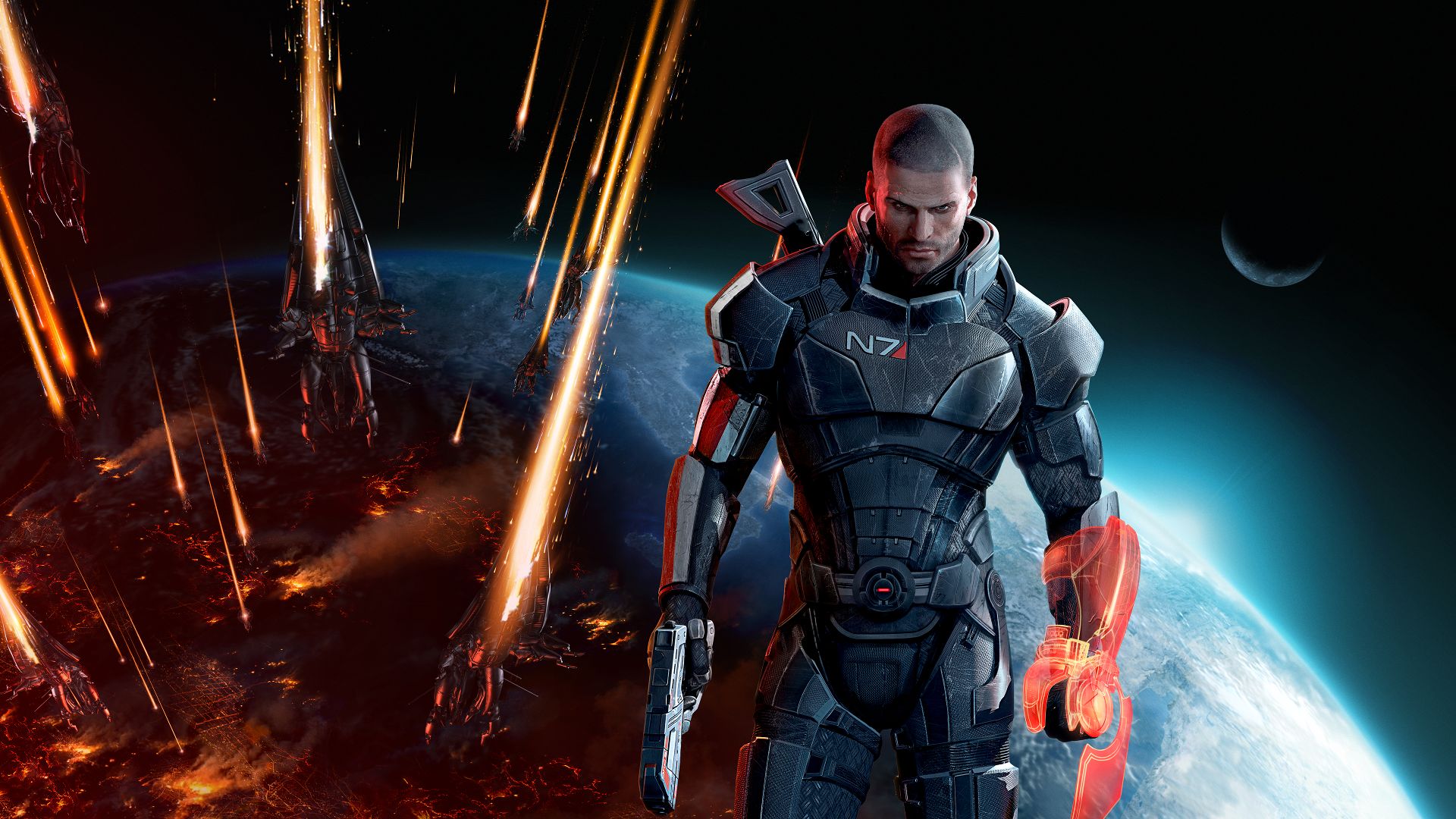
The central conflict in the game revolves around a cure for the genophage, and players must decide whether to support it or destroy it, a decision with far-reaching consequences for the galaxy. This choice impacts the relationship between the krogan and turian races, and also affects which military resources are available. Previous decisions made in ‘Mass Effect 2,’ such as what happened to Mordin and the rachni, change certain missions and how the game ends. EA published the game, and the ‘Extended Cut’ version provides more clarity on the different possible outcomes.
‘Mass Effect’ (2007)
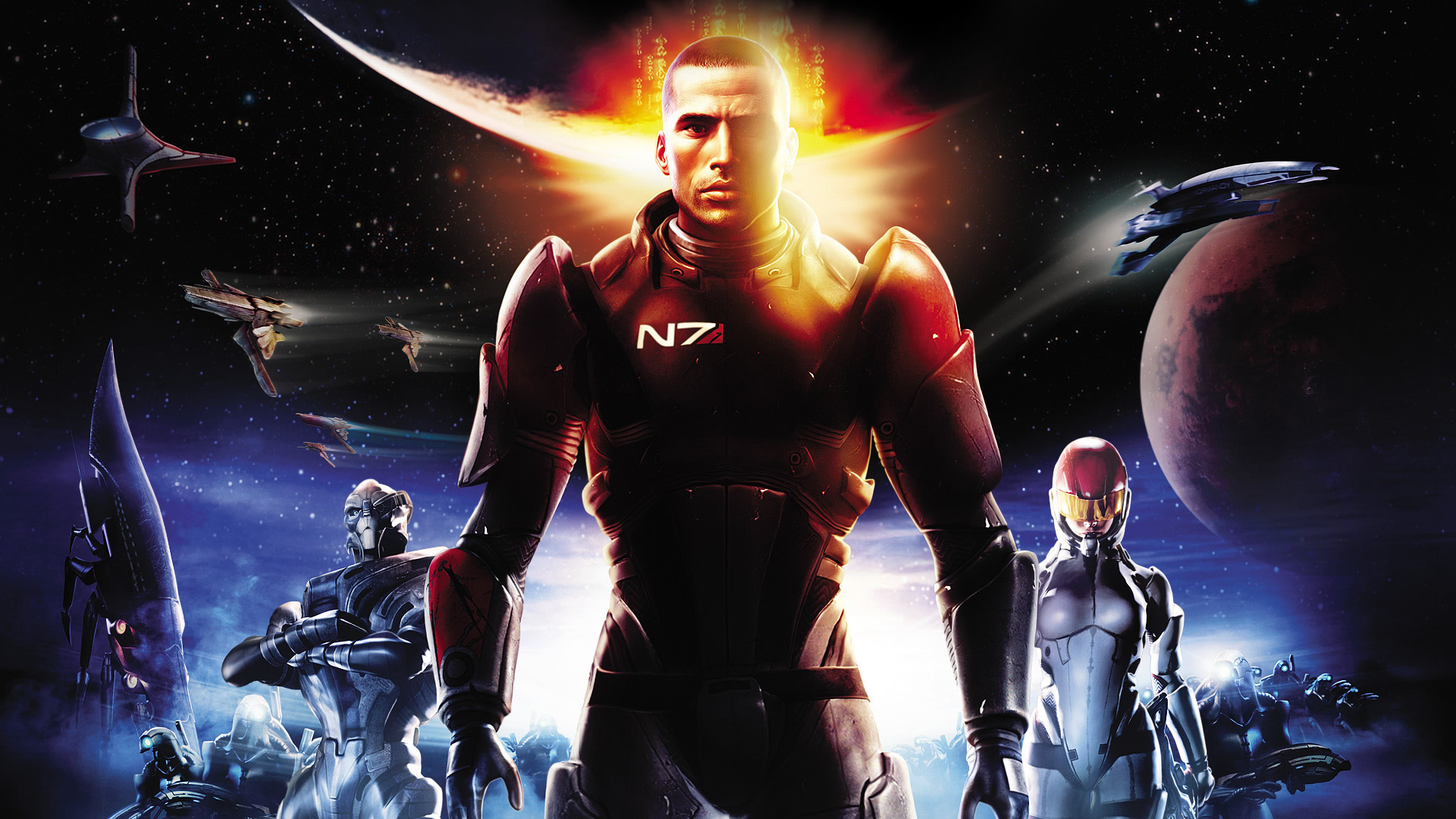
In the first major decision of the series, BioWare allowed players to choose whether to save the Citadel Council or focus on protecting human forces during the Battle of the Citadel. Earlier in the game, the player’s choice regarding the rachni queen had lasting consequences, deciding the fate of an entire species. Throughout the game, a player’s Paragon or Renegade choices affected their ability to persuade others, and sometimes even allowed them to resolve conflicts without fighting. Electronic Arts published the game, and a feature that allowed players to carry their saves forward ensured the story continued seamlessly across all three games in the trilogy.
‘Dragon Age: Origins’ (2009)
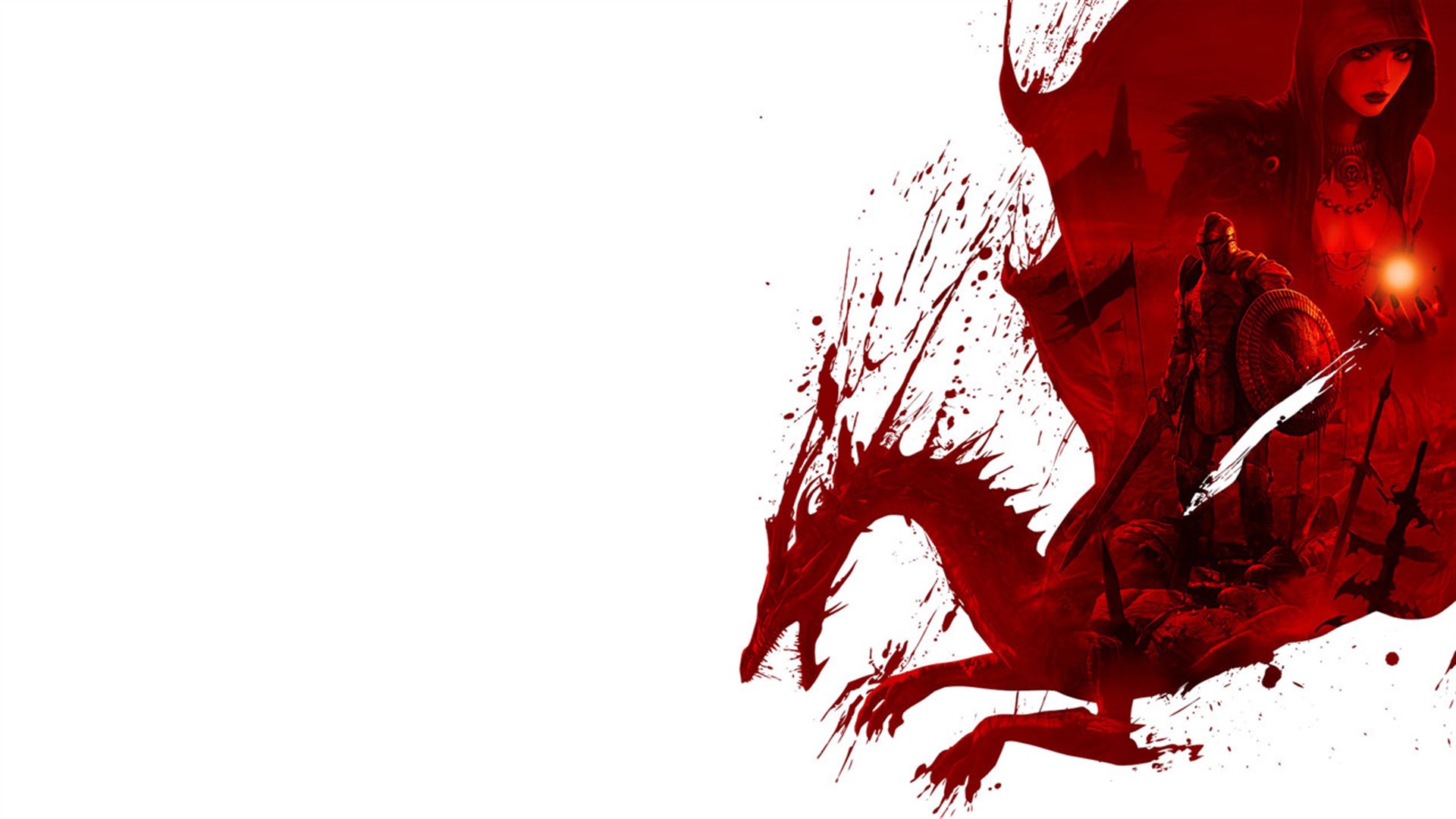
In BioWare’s Dragon Age: Origins, key decisions have significant consequences. Choosing to prioritize golem production over ethical concerns in the Anvil of the Void quest impacts Orzammar’s government and how quests resolve. The conflict between werewolves and Dalish elves determines which group receives a cure and who will fight alongside you in the final battle. Morrigan’s Dark Ritual allows you to avoid a Gray Warden’s sacrifice, changing the game’s ending and its overall story. Throughout the campaign, the game, published by EA, remembers your character’s background and uses it to shape the narrative.
‘Dragon Age II’ (2011)
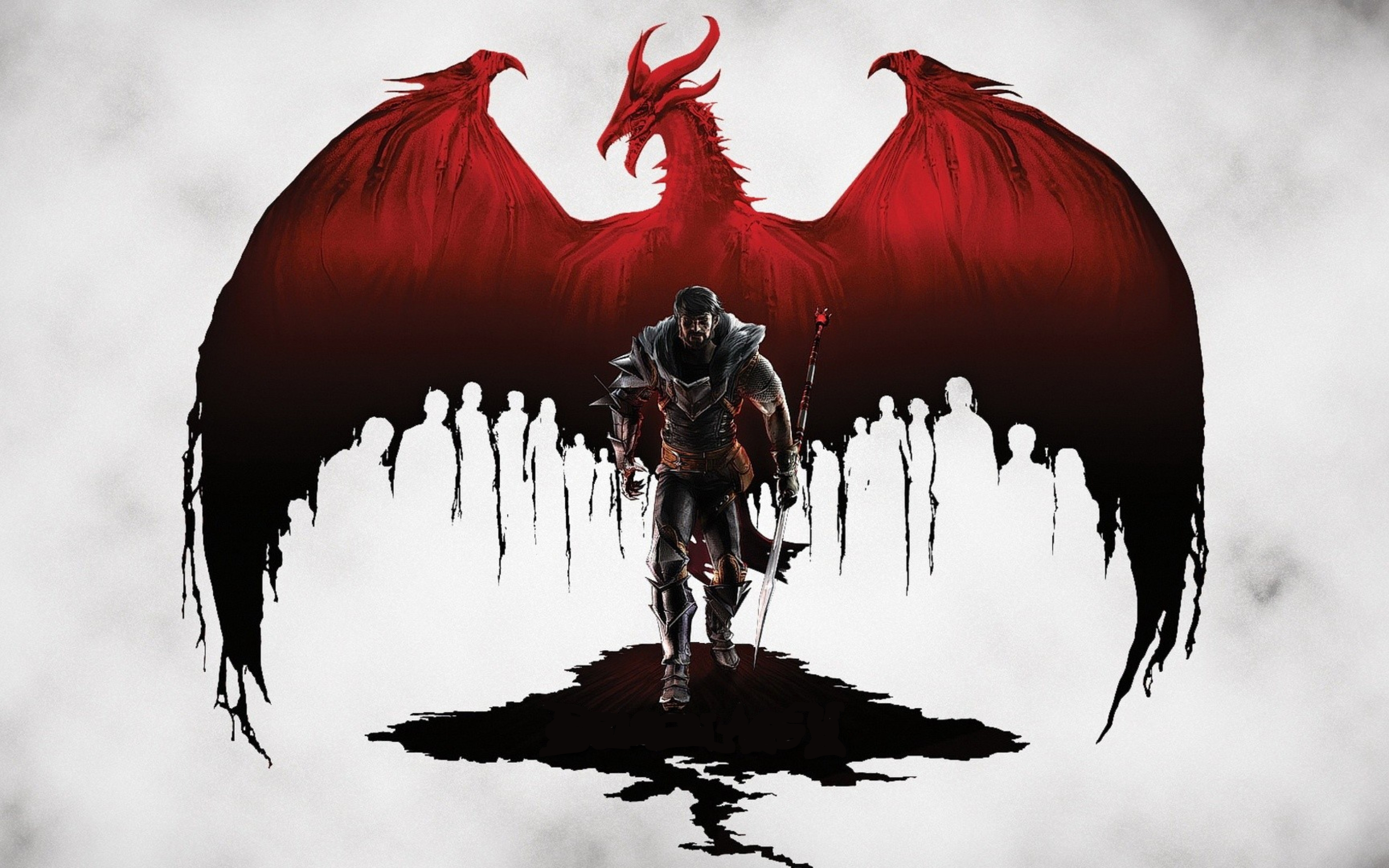
In Dragon Age II, BioWare built the conflict between mages and templars around the growing problems in Kirkwall, ultimately forcing players to choose a side and defeat the other. Your companions’ support changes depending on the decisions you make throughout the game, influencing who stands with you at the end. Earlier storylines, such as the one involving the Qunari, establish your reputation and impact who will help you and how the story concludes. Published by EA, your choices also carry over to ‘Dragon Age: Inquisition’, shaping the world you enter in that game.
‘Dragon Age: Inquisition’ (2014)
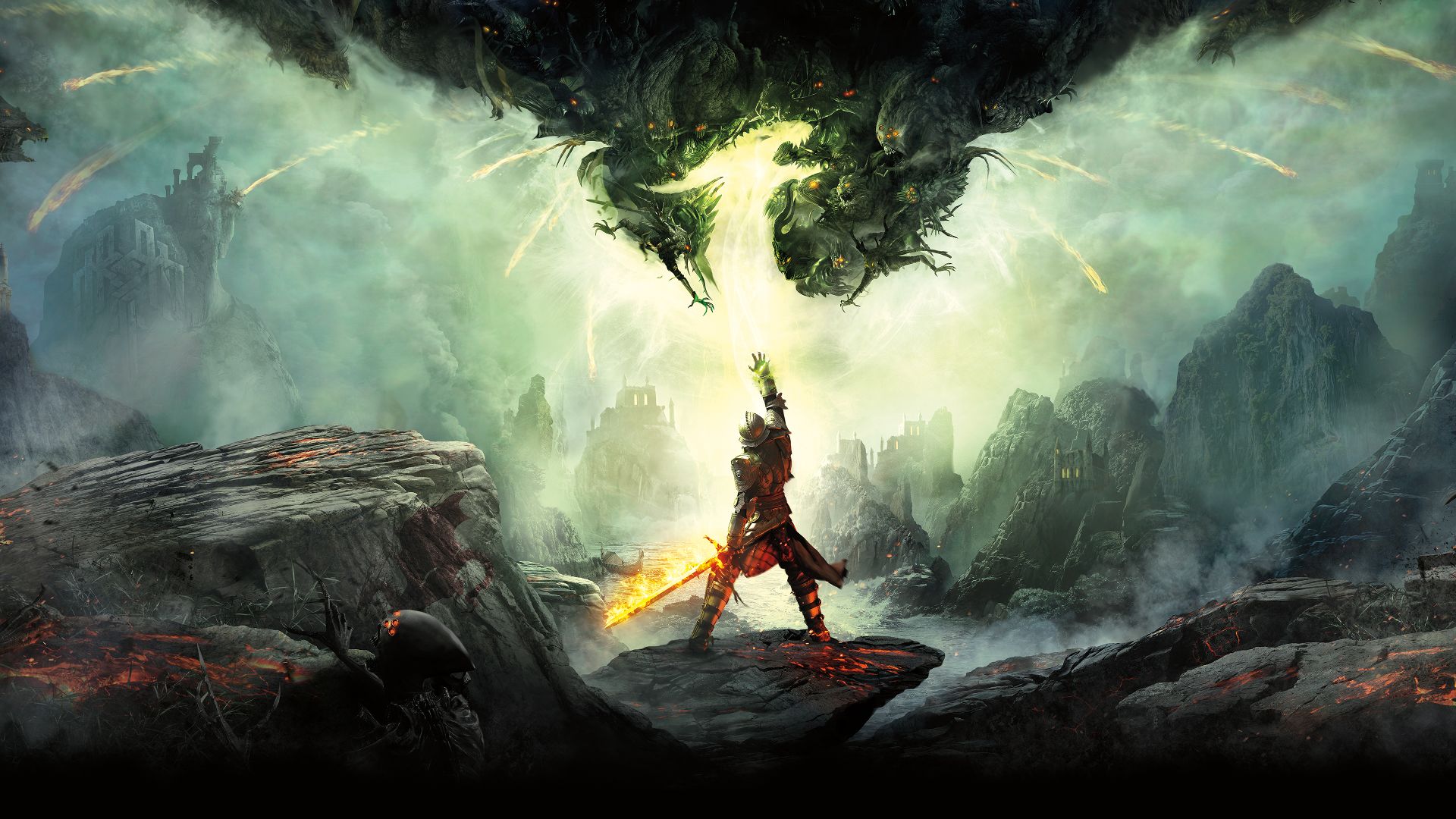
In BioWare’s game, you’ll have to choose sides between mages and templars, which affects battles and who you’ll ally with later on. The Grey Wardens, a key group in the story, can end up exiled, under control, or completely destroyed, each outcome influencing how the game ends. You’ll also make tough decisions by judging captured enemies, which impacts your troops’ spirits and who shows up later in the game. The game was published by EA, and they provided a tool called the Keep that lets you carry over your choices from one platform to another.
‘Fallout: New Vegas’ (2010)
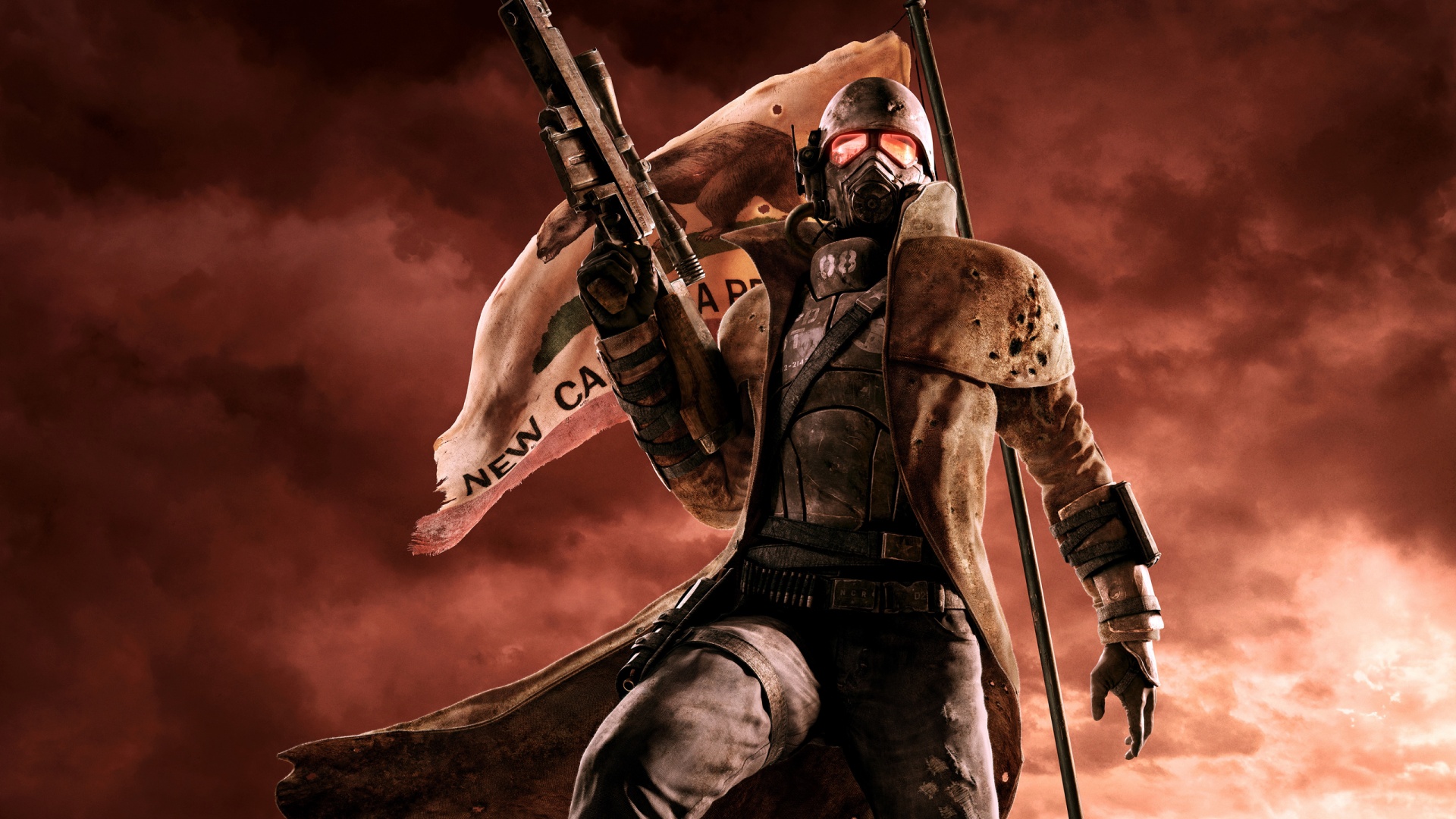
Obsidian Entertainment created four distinct ways to finish Fallout: New Vegas—supporting the NCR, Caesar’s Legion, Mr. House, or forging your own independent path—each dramatically changing the balance of power in the Mojave Wasteland. Choosing the “Yes Man” option lets you create a future based on your own decisions, but means you won’t have the full support of established groups. How settlements and characters react to you, and what quests become available, depends on your reputation with different factions throughout the game, long before the final missions. The game’s downloadable content also reflects the government you ultimately establish, providing a unique epilogue based on your choices.
‘Fallout 3’ (2008)
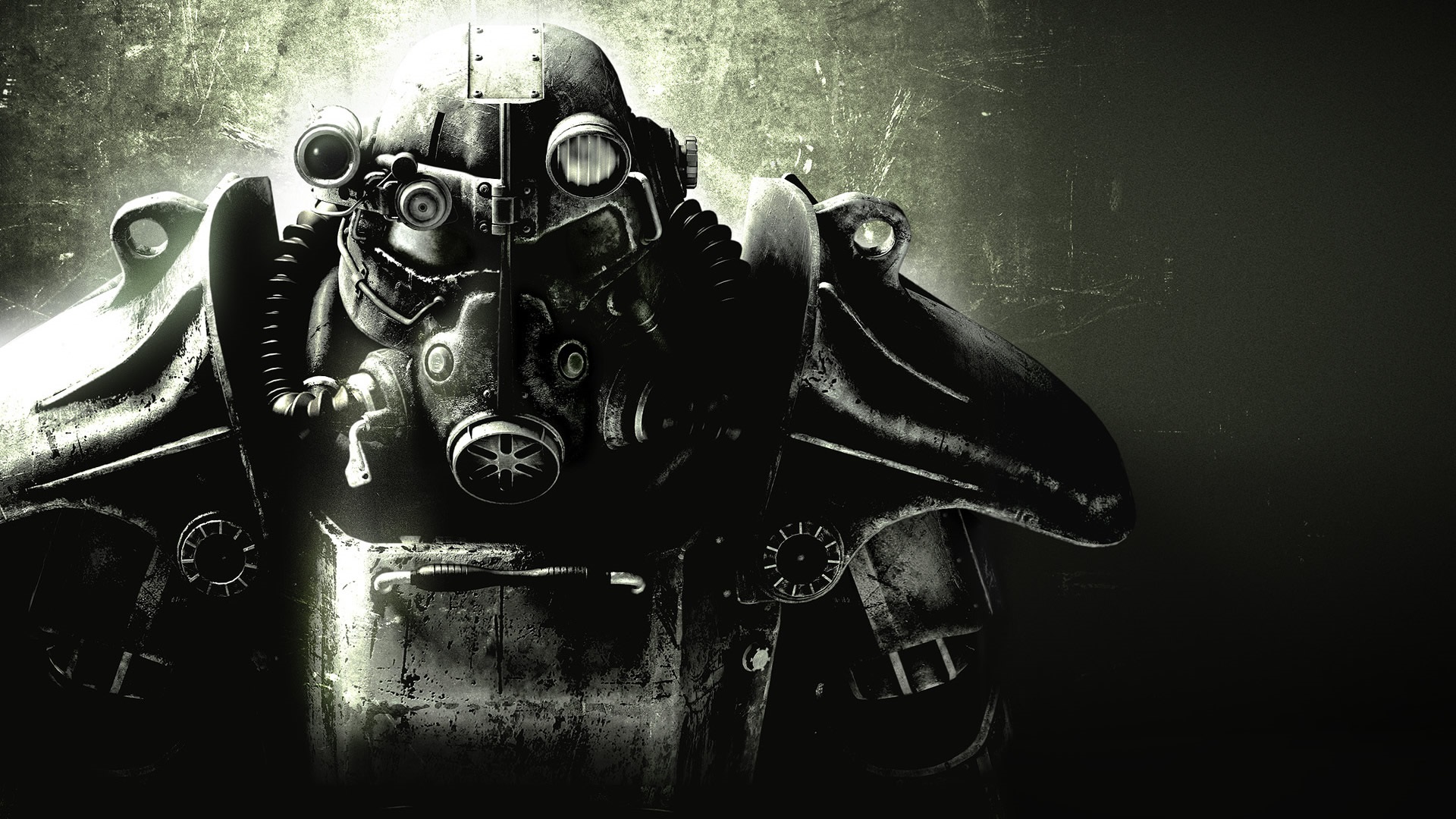
In Fallout 3, Bethesda Game Studios created a memorable moral dilemma in the town of Megaton: players could choose to defuse a bomb threatening the town or detonate it, fundamentally changing the settlement and the lives of those who lived there. The main storyline also presented difficult choices about purifying the water supply, sometimes requiring sacrifices or clever solutions with the help of companions. Your actions, tracked through a karma system and random events, influenced how traders behaved and what abilities you could unlock. Bethesda Softworks published the game, and downloadable content added even more to the story and its consequences.
‘Fallout 4’ (2015)
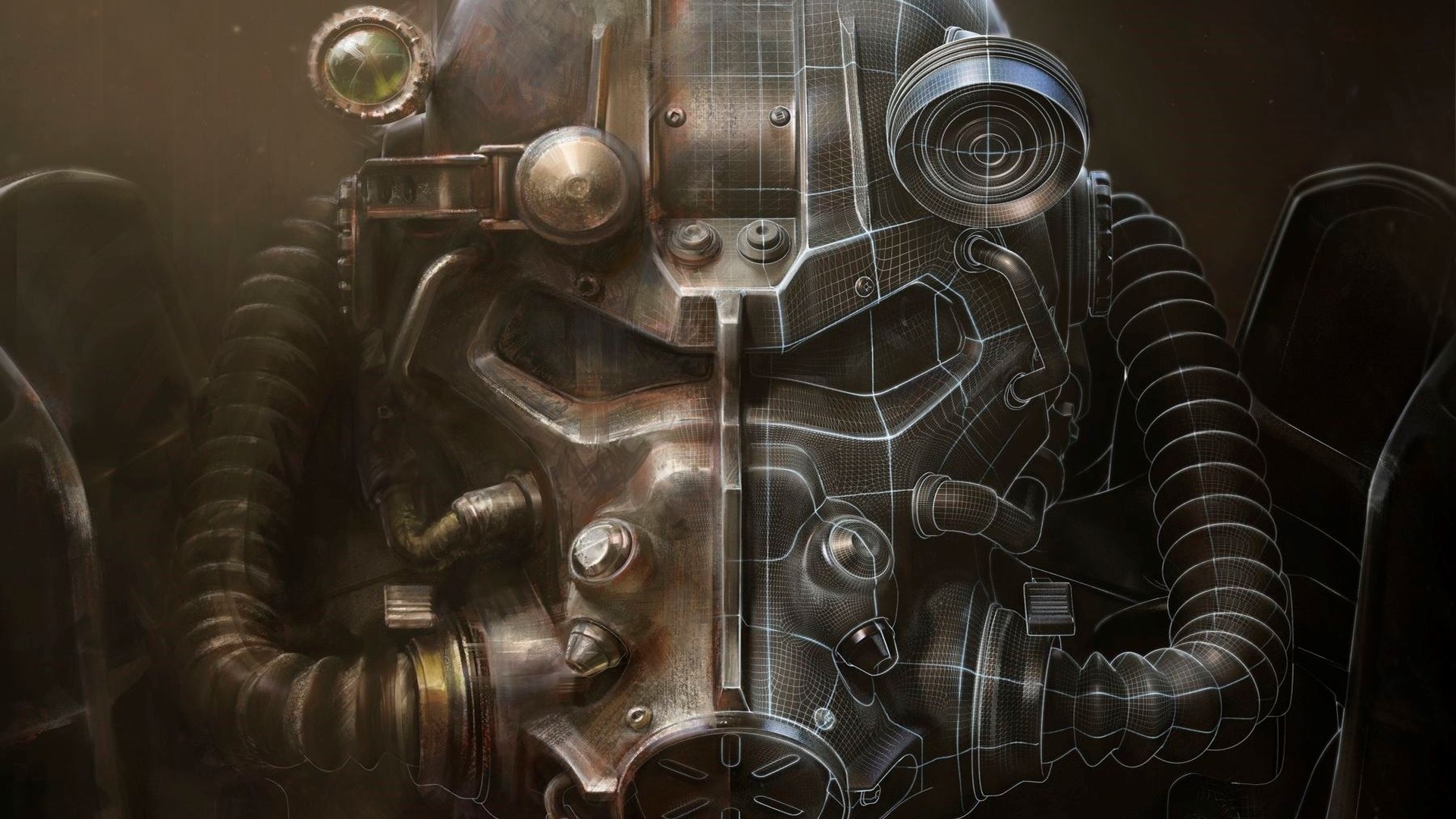
In Bethesda Game Studios’ game, you’ll eventually choose to side with one of four major factions: the Minutemen, the Railroad, the Brotherhood of Steel, or the Institute. Your choice completely changes the game’s ending. If you focus on building up settlements early on, you can achieve a more peaceful outcome and avoid some fights. How synths and important characters fare depends on what you say and how you approach missions. The publisher, Bethesda Softworks, designed it so that whichever faction you join determines which quests and technologies you’ll be able to use.
‘Planescape: Torment’ (1999)
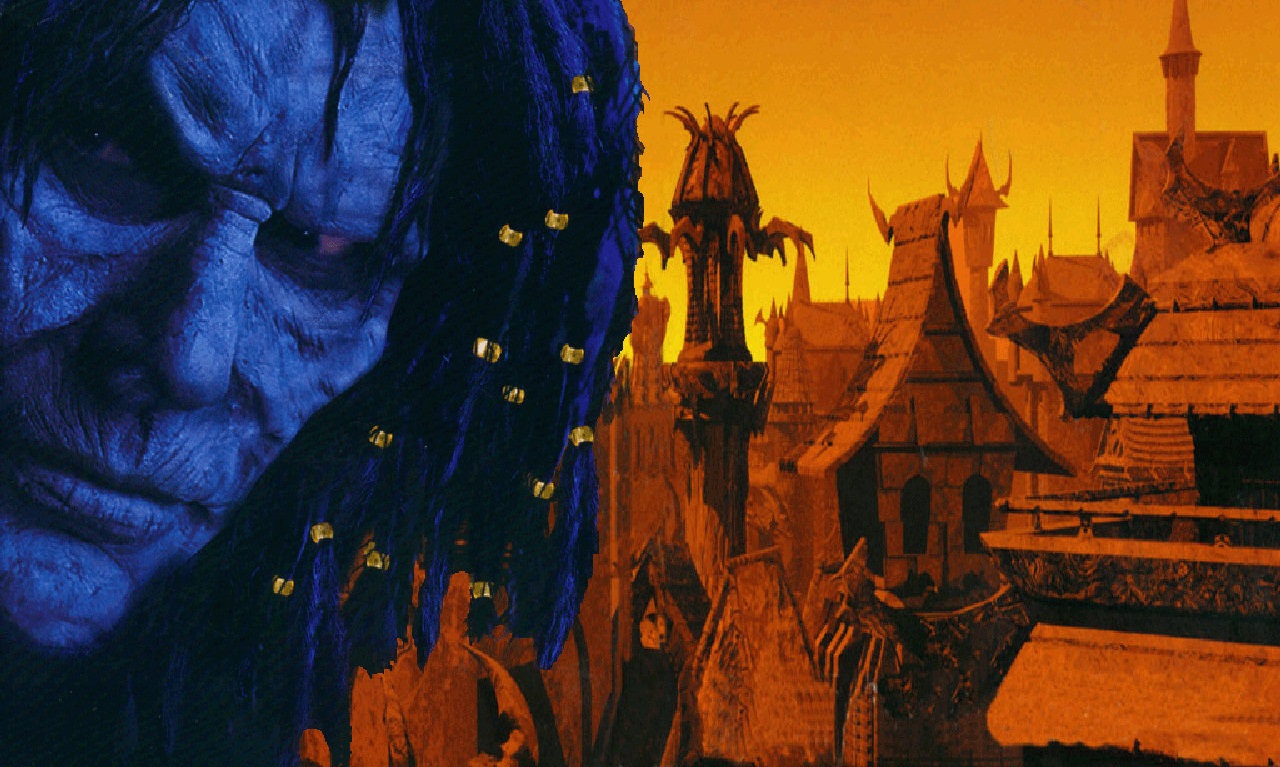
Black Isle Studios created complex situations centered on a character grappling with who they are and past mistakes. The choices you make, like how you interact with a spirit named Deionarra, have lasting effects on the advice you receive and how your companions behave. While many problems can be solved through conversation instead of fighting, doing so might mean losing valuable items or opportunities for character growth. Ultimately, the game challenges you to consider the debts the main character has accumulated due to his long life and whether he should prioritize his own salvation or the fate of the universe. Interplay, the publisher, highlighted the importance of stats like Wisdom and Charisma, which open up different options and story paths.
‘Baldur’s Gate 3’ (2023)
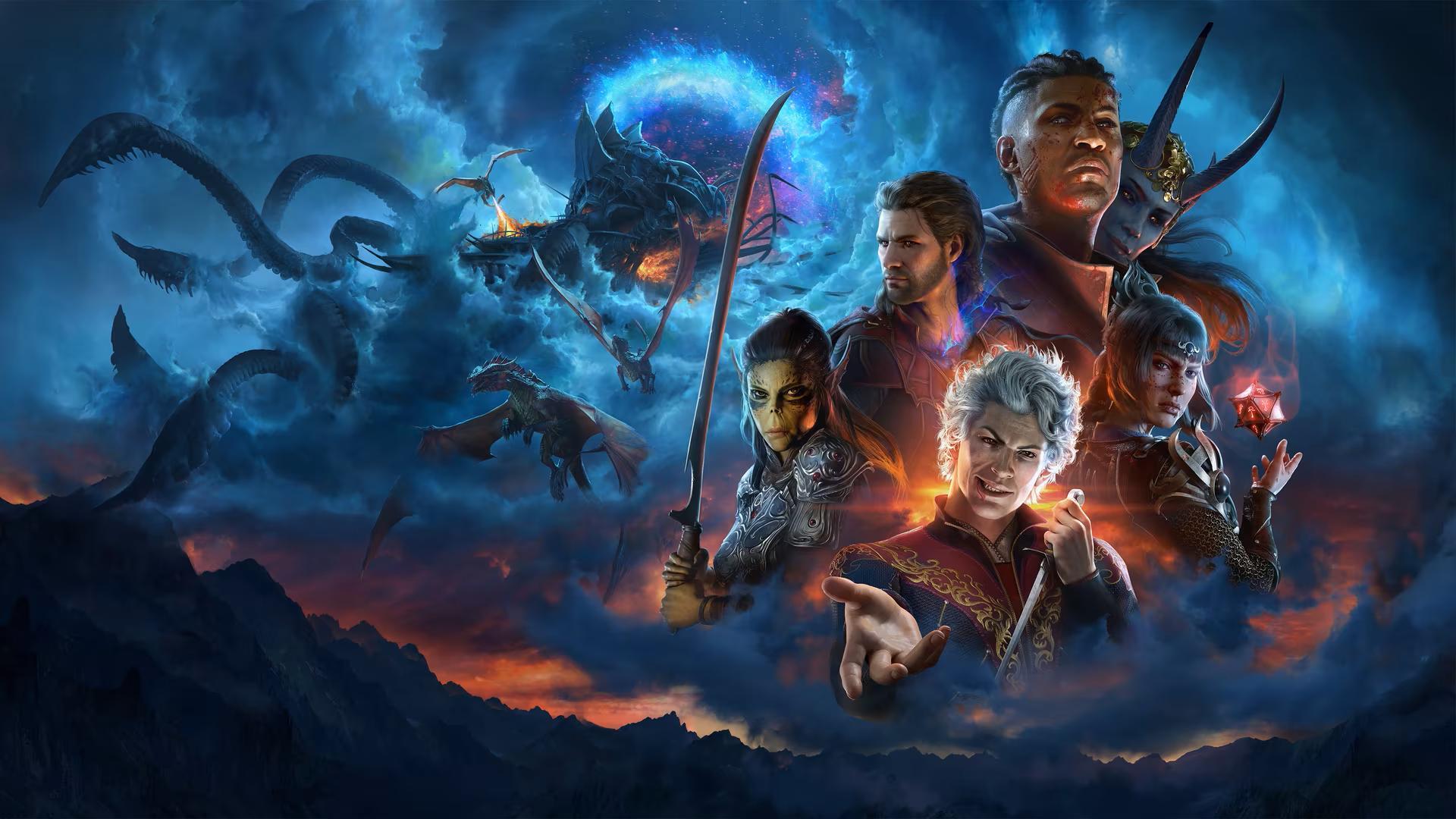
In Larian Studios’ game, players constantly face a difficult choice: gain powerful abilities with a risky parasite, or reject them to preserve relationships and achieve a better ending. Early in the game, a conflict between goblins and druids forces players to take sides, impacting who they can recruit and how the world changes. As the story progresses, players must balance their own ambition with the fate of entire cities, ultimately influencing the game’s multiple endings. Larian Studios independently released and continuously updated the game, meticulously tracking player choices to create a highly reactive and personalized experience.
‘Baldur’s Gate II: Shadows of Amn’ (2000)
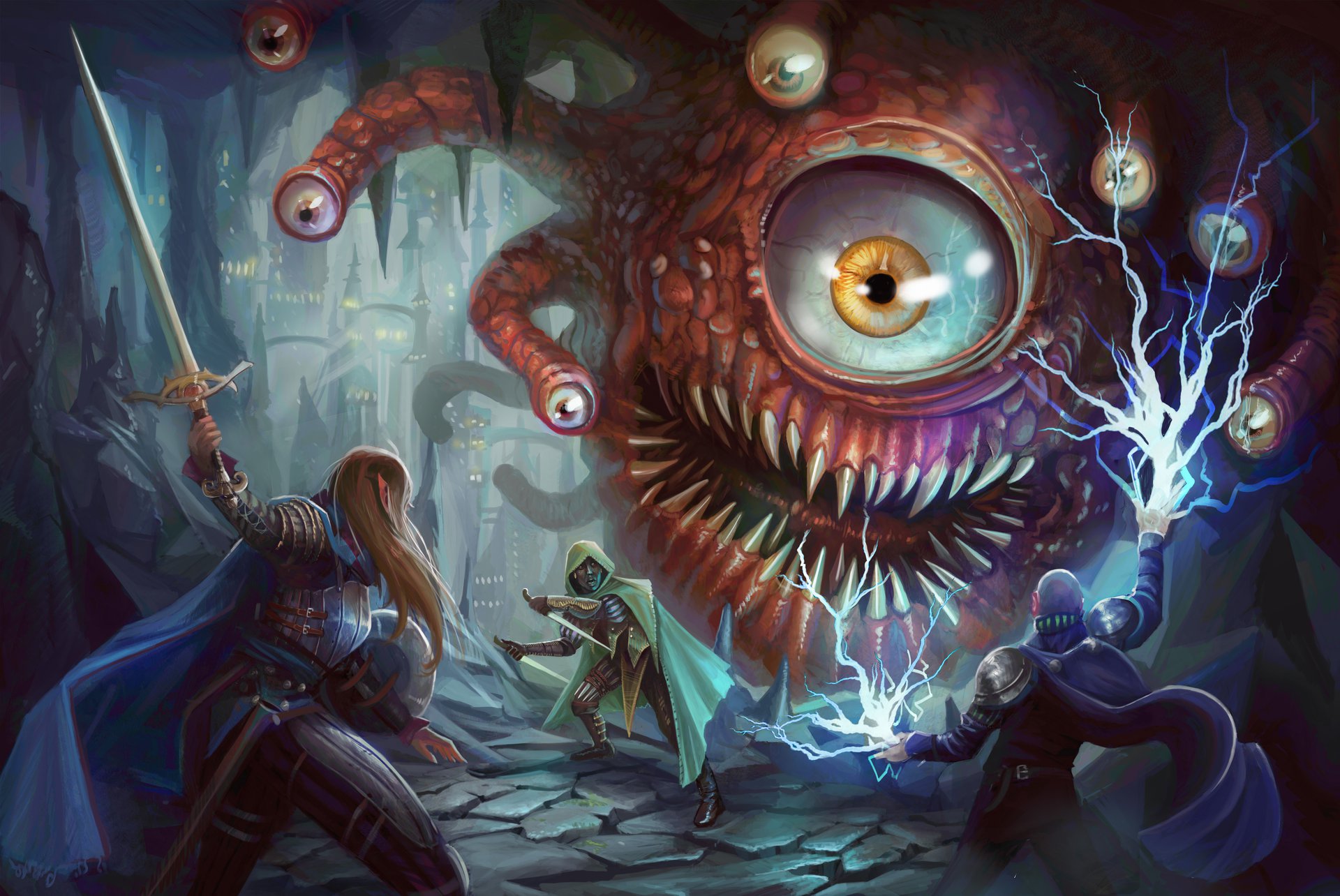
In BioWare’s games, players face significant choices that lock them into specific factions, like the Shadow Thieves or Bodhi, which alters quests and available resources. How the game portrays the protagonist’s unique heritage impacts how characters react and what happens in certain situations. Key decisions made in locations like Spellhold and Suldanessellar affect who will help you later in the game and what items you can acquire. The game’s original publishers, Interplay and Black Isle, influenced the expansion content based on their previous relationships.
‘Disco Elysium’ (2019)
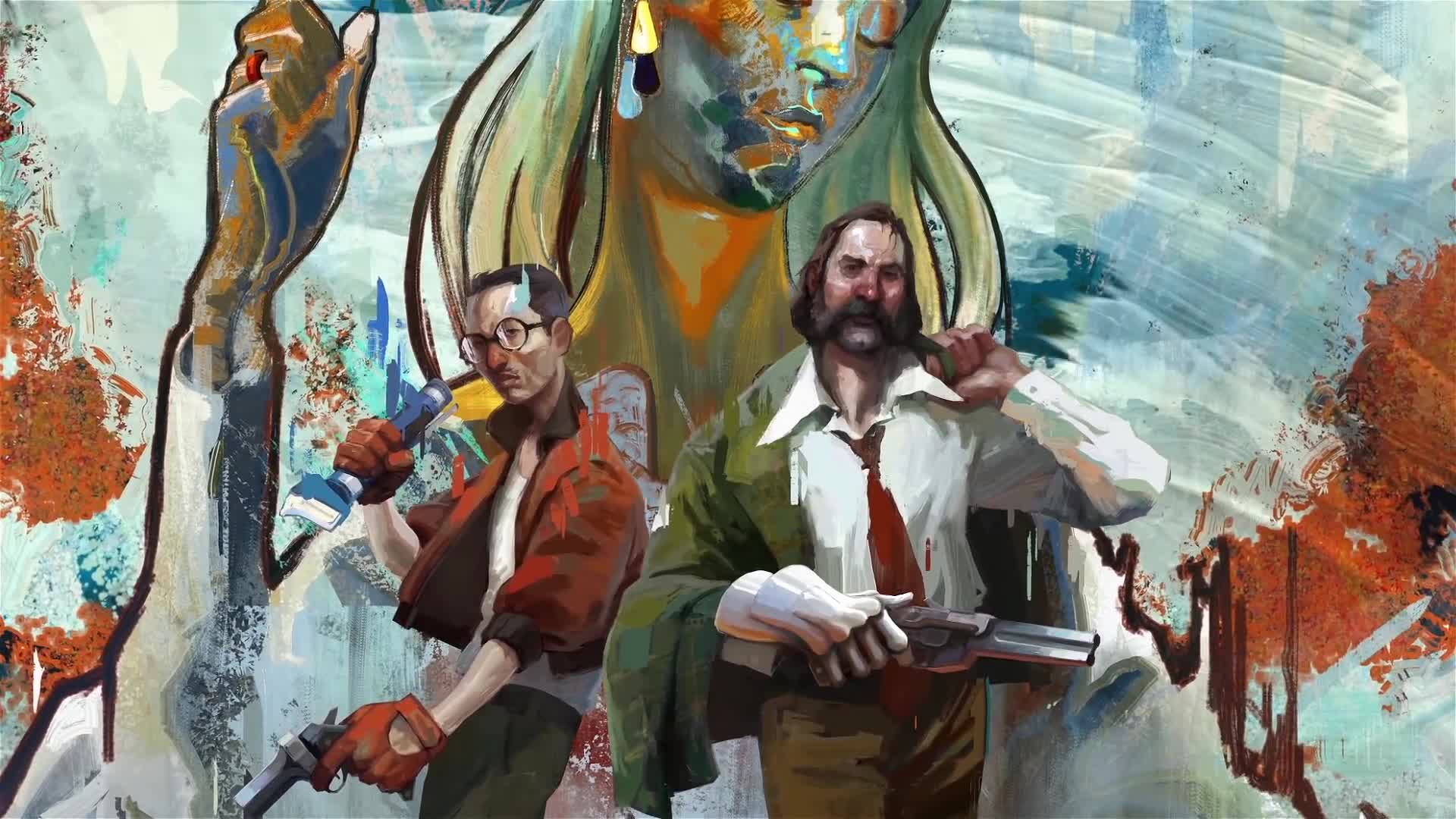
In Disco Elysium, ZA/UM created complex situations driven by beliefs, personal struggles, and duty, avoiding simple right-versus-wrong choices. Success in skill checks reveals different sides of the truth, and your decisions regarding the strike, the tribunal, and witnesses directly impact how the case concludes and how much your partners trust you. Choosing a political side unlocks new content, but can also limit what you experience, including developments within the Thought Cabinet. The ‘Final Cut’ update, released by ZA/UM, added full voice acting and made your past choices have even more noticeable consequences.
‘Undertale’ (2015)
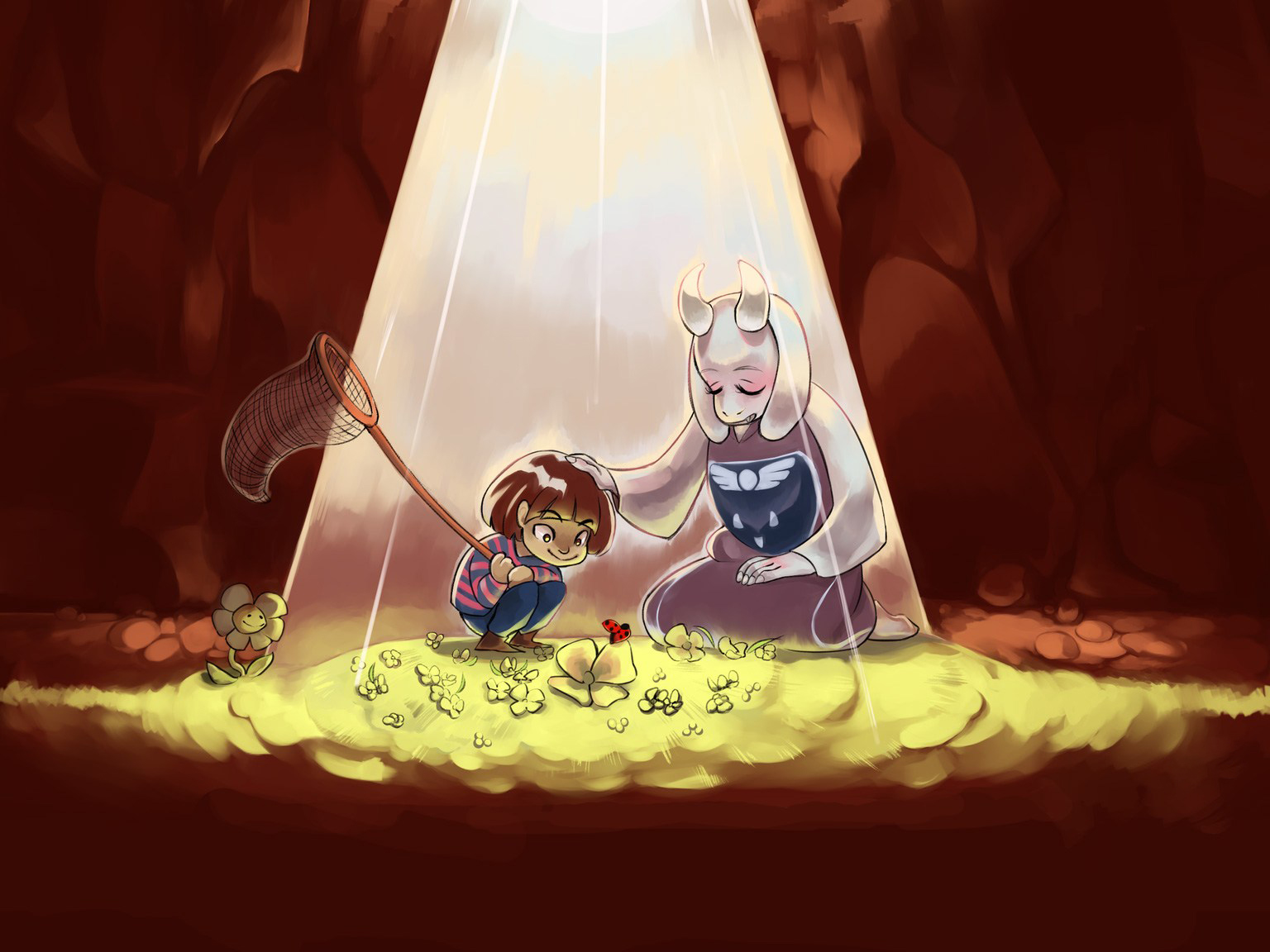
Toby Fox designed the game so that choosing to fight or show mercy has a big impact on everything that happens. Rewarding players for choosing non-violent options, the game uses puzzles and conversations instead of just battles. Depending on whether you play as a pacifist, neutrally, or aggressively, you’ll encounter different bosses, see changes in the towns, and experience a different story. The game remembers your choices from previous playthroughs, leading to unique reactions and multiple endings. Remarkably, the entire game was created and released by a single developer who focused on how players behave rather than complex game statistics.
‘The Outer Worlds’ (2019)
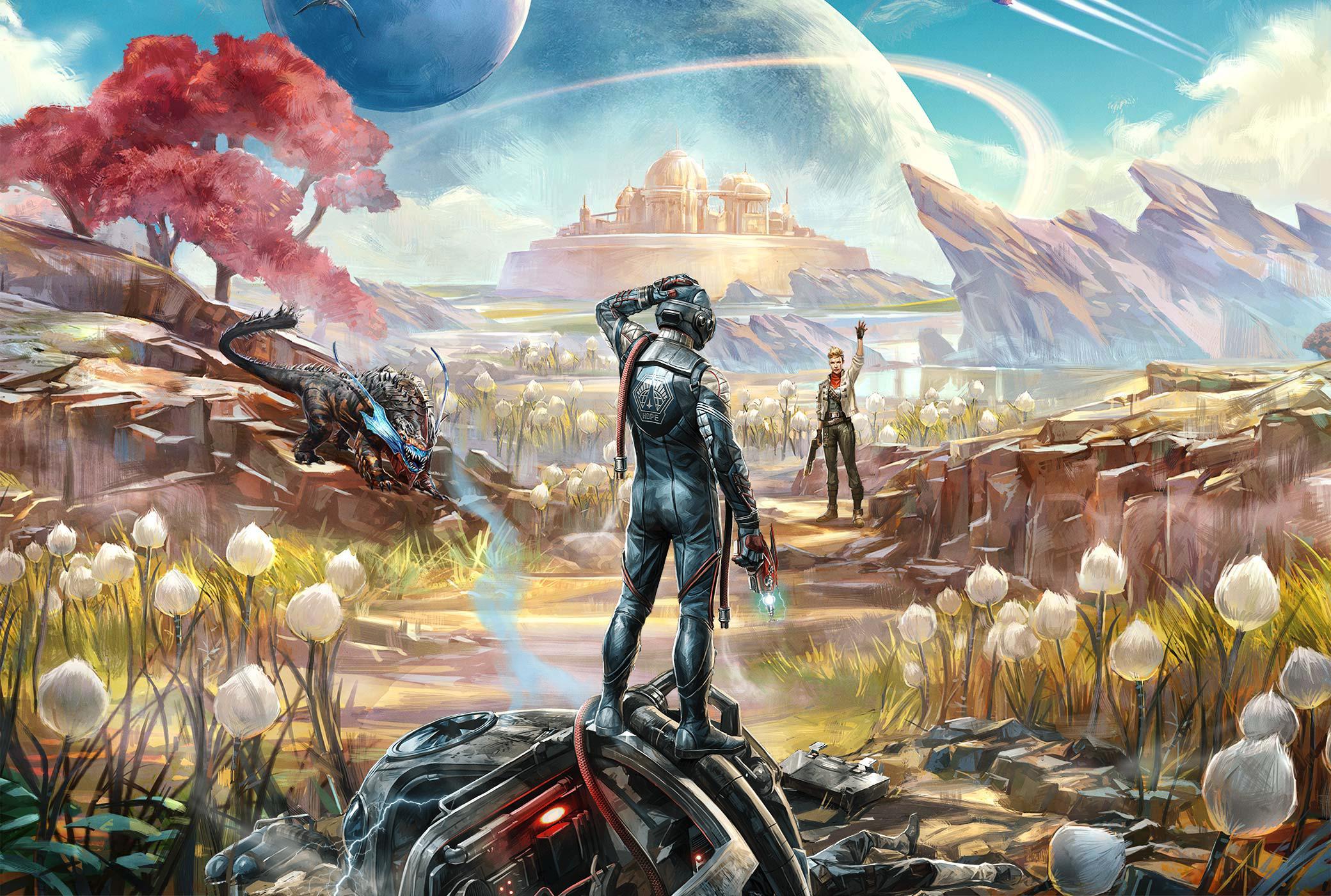
In Obsidian Entertainment’s game, a key early choice regarding power distribution impacts either the town of Edgewater or a group of deserters, shaping your companions and the help you’ll receive. Your relationships with corporations and other groups affect how missions end and the final outcome of the game across different planets. Later in the game, decisions about research projects determine the colony’s future. The game, published by Private Division, also features a reputation system that unlocks discounts and new quest options.
‘Deus Ex’ (2000)
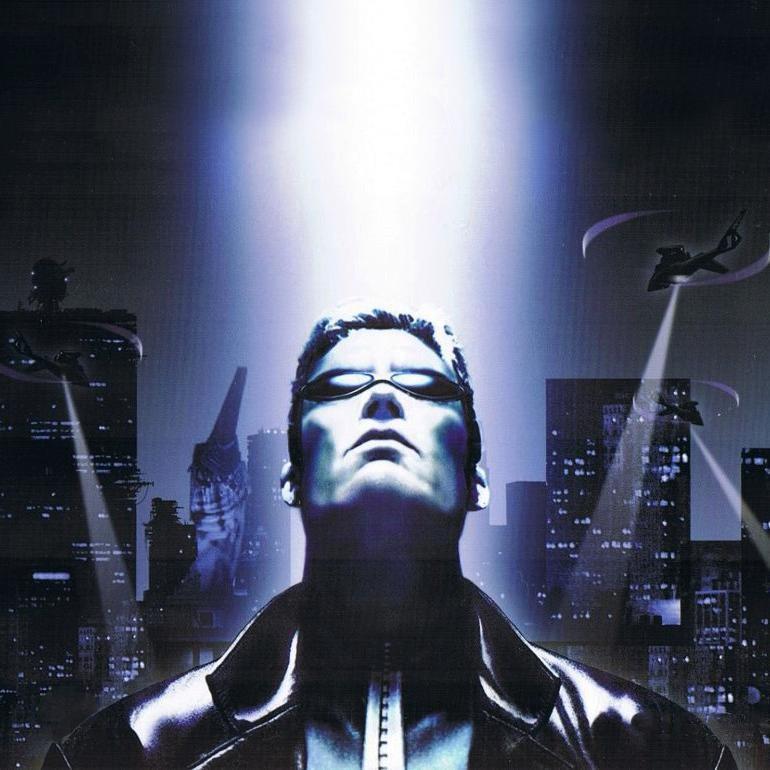
In Ion Storm’s game, players face a major choice with three different endings: join a secret society called the Illuminati, team up with a helpful artificial intelligence, or cause a worldwide communication breakdown – each outcome dramatically alters how the world is governed. Your choices throughout the game, like deciding whether to kill or spare characters, impact future information, rewards, and assistance you receive. If you focus on non-violent tactics, you’ll unlock special dialogue options and gear. Eidos Interactive published the game, and investing in your character’s skills opens up new ways to complete missions.
‘Deus Ex: Human Revolution’ (2011)
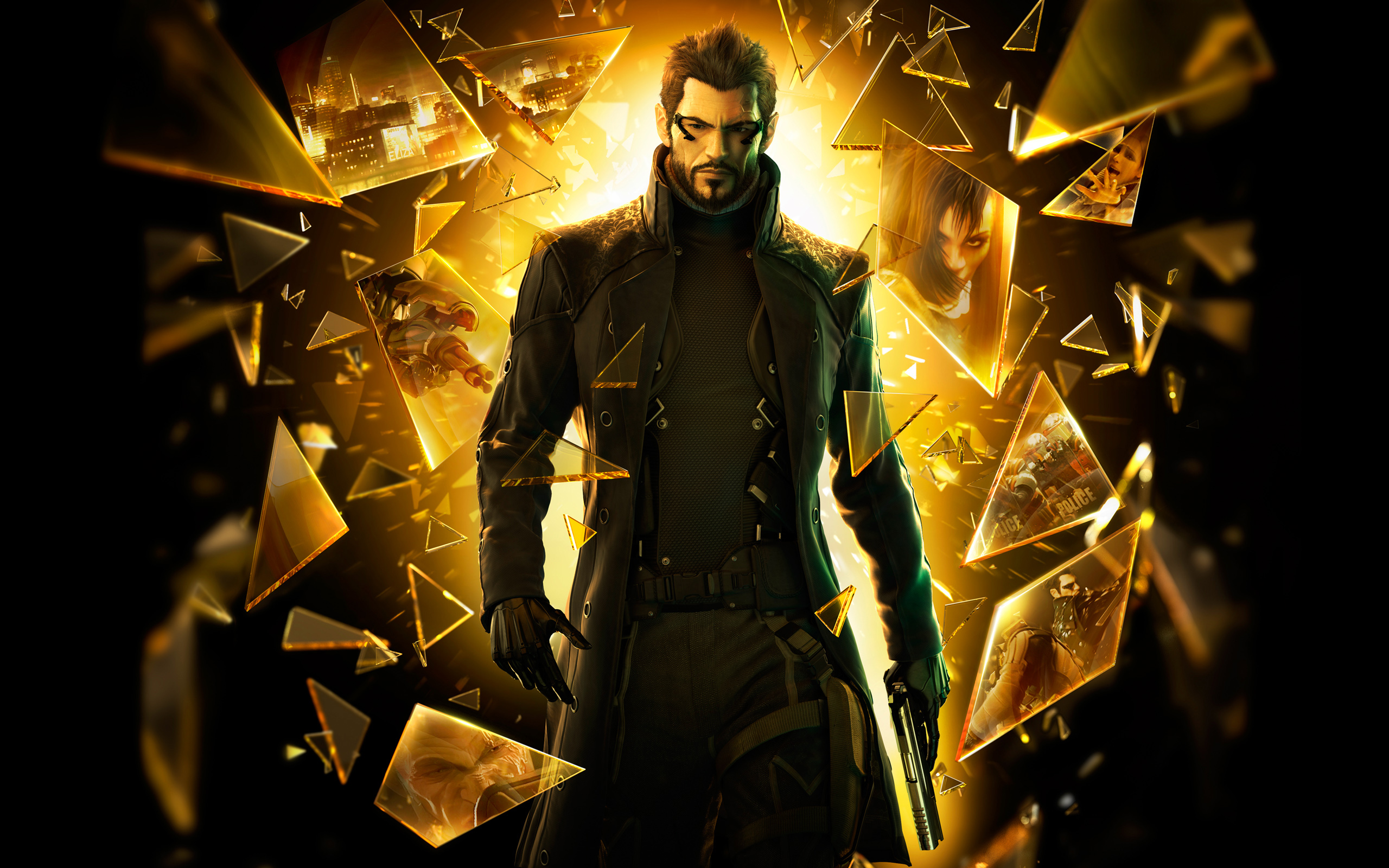
In Eidos-Montréal’s game, your choices about character enhancements (augmentations) directly impact the story’s political and corporate landscape, eventually leading to a crucial decision that shapes public opinion. Side missions, such as “Cloak & Daggers” and “Smash the State,” challenge you to decide whether to reveal or protect people with conflicting interests. Even boss battles can be resolved peacefully if you gather enough information or use your social abilities. The game was published by Square Enix, and the Director’s Cut version further improved these choice-driven encounters.
‘Star Wars: Knights of the Old Republic’ (2003)
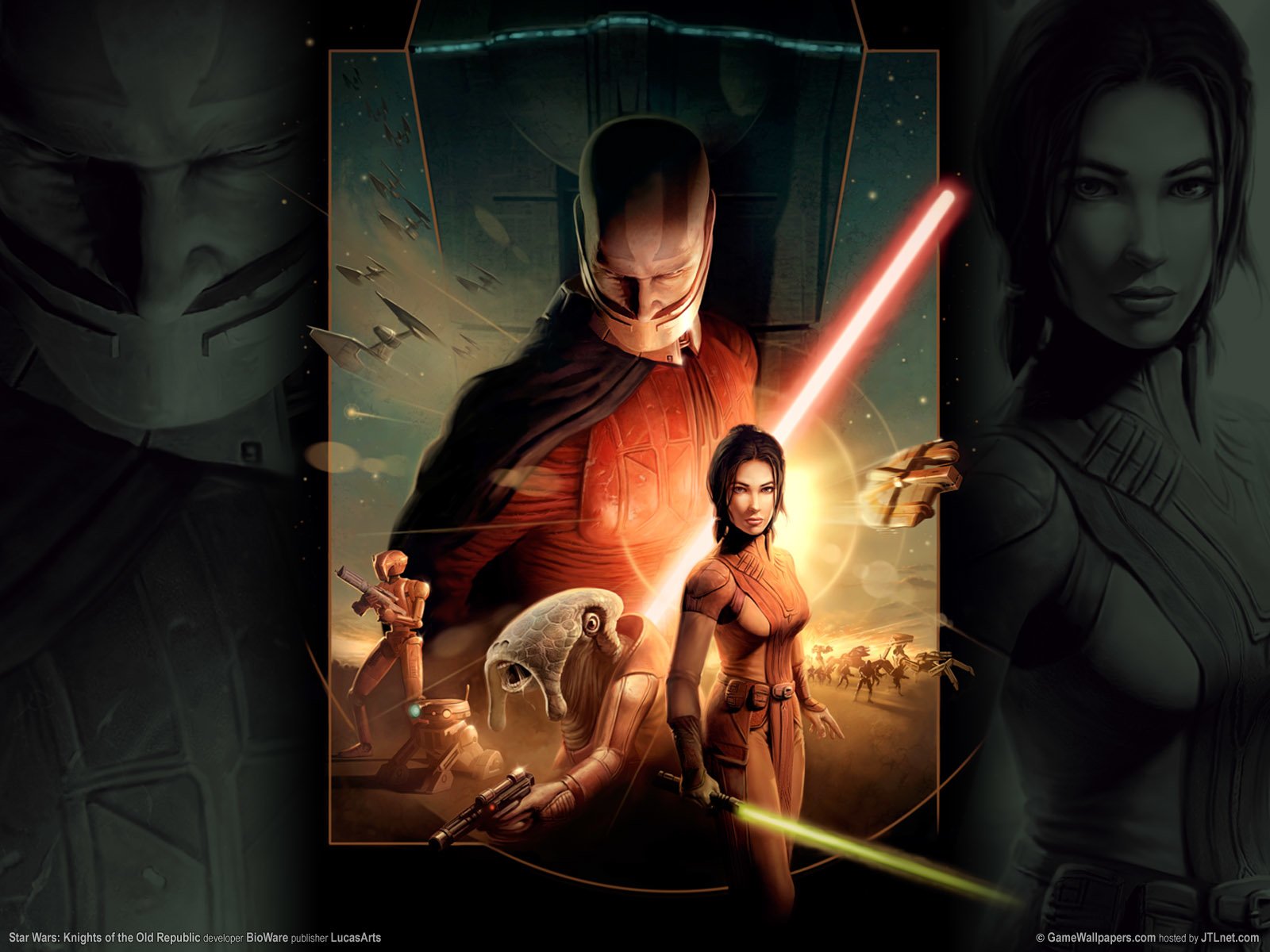
In BioWare’s games, your choices truly matter, influencing whether you lean towards the light or dark side. Important decisions, like honoring a Wookiee’s life debt or deciding the fate of a young Force-sensitive individual, have lasting consequences. Later in the game, you’ll find that past choices are re-evaluated, and even how loyal your companions are can change. Side quests on different planets, such as brokering peace with the Sand People, often let you find peaceful solutions and earn special rewards. Ultimately, your alignment – whether you’re light or dark – determines what powers and equipment you can access, all published by LucasArts.
‘Fable’ (2004)
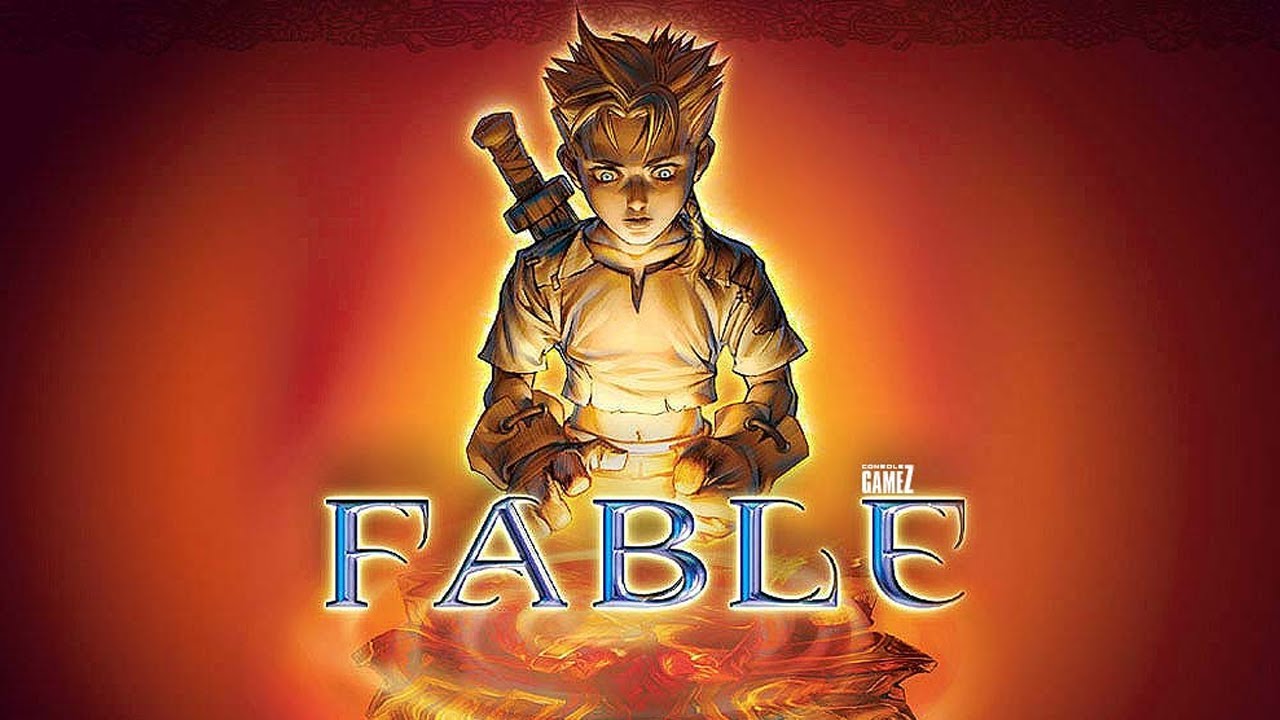
In the game developed by Lionhead Studios, your choices had a clear impact on your reputation. For example, you could sacrifice villagers to gain power, or make difficult choices to protect those you cared about. This affected how characters reacted to you, the prices in shops, and even how the world looked. Reaching extreme levels of good or evil unlocked special rewards like unique titles, tattoos, and equipment. Microsoft Game Studios published the game, and later versions continued to reflect these choices through cosmetic changes.
‘Tyranny’ (2016)
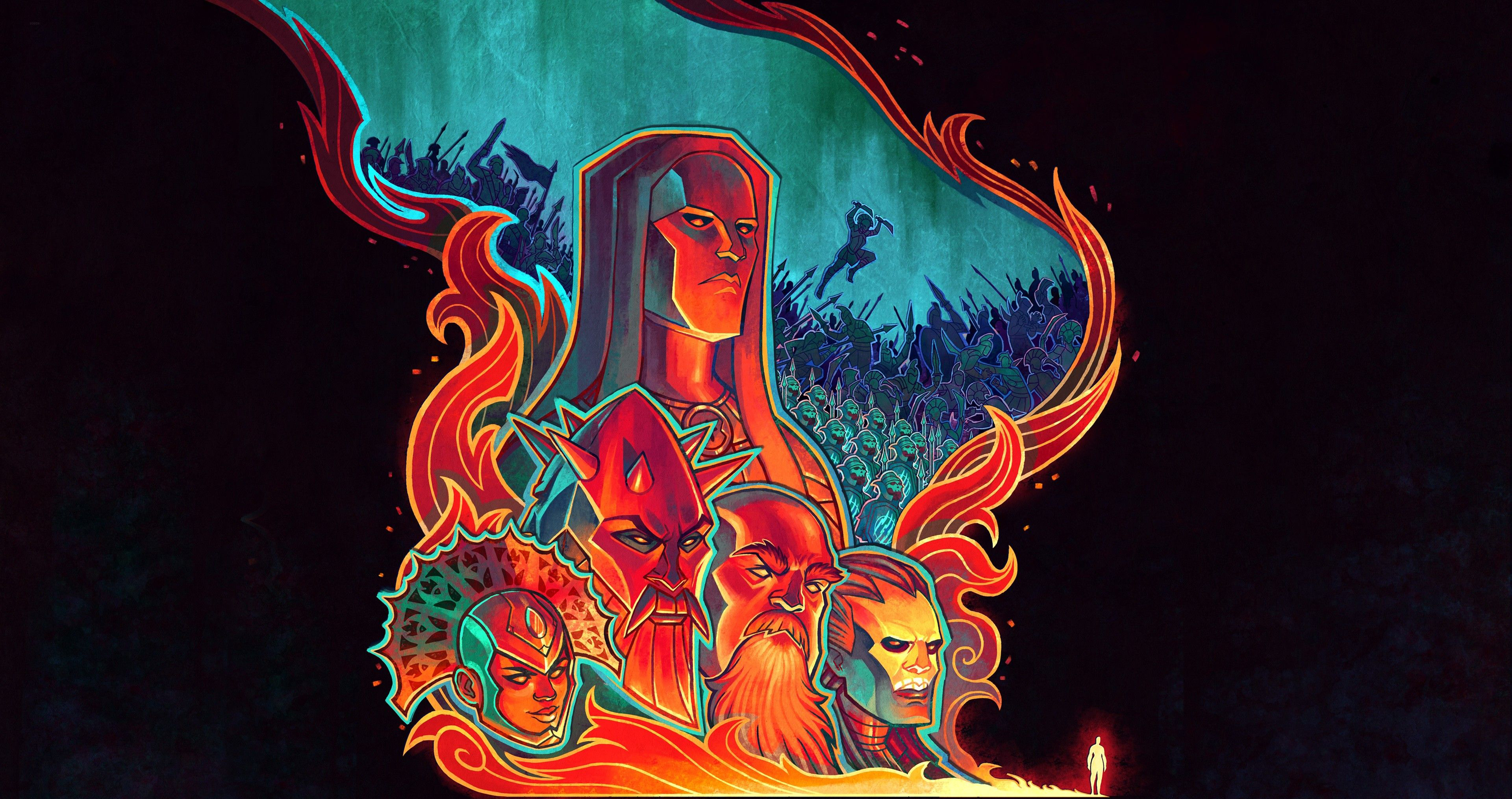
Obsidian Entertainment designed the game around the idea of upholding or challenging the laws of Kyros. The game begins with events that reveal previous legal decisions, which then influence the entire campaign. Players choose to align with one of three factions—the Disfavored, the Scarlet Chorus, or remain independent—and this choice impacts how regions are governed and the stories of their companions. As the Fatebinder, players’ court rulings directly affect the economies of settlements and which military options are available. The game was published by Paradox Interactive, who highlighted that the consequences of these rulings can either ruin or improve the lives of people in different territories.
‘Pathologic 2’ (2019)
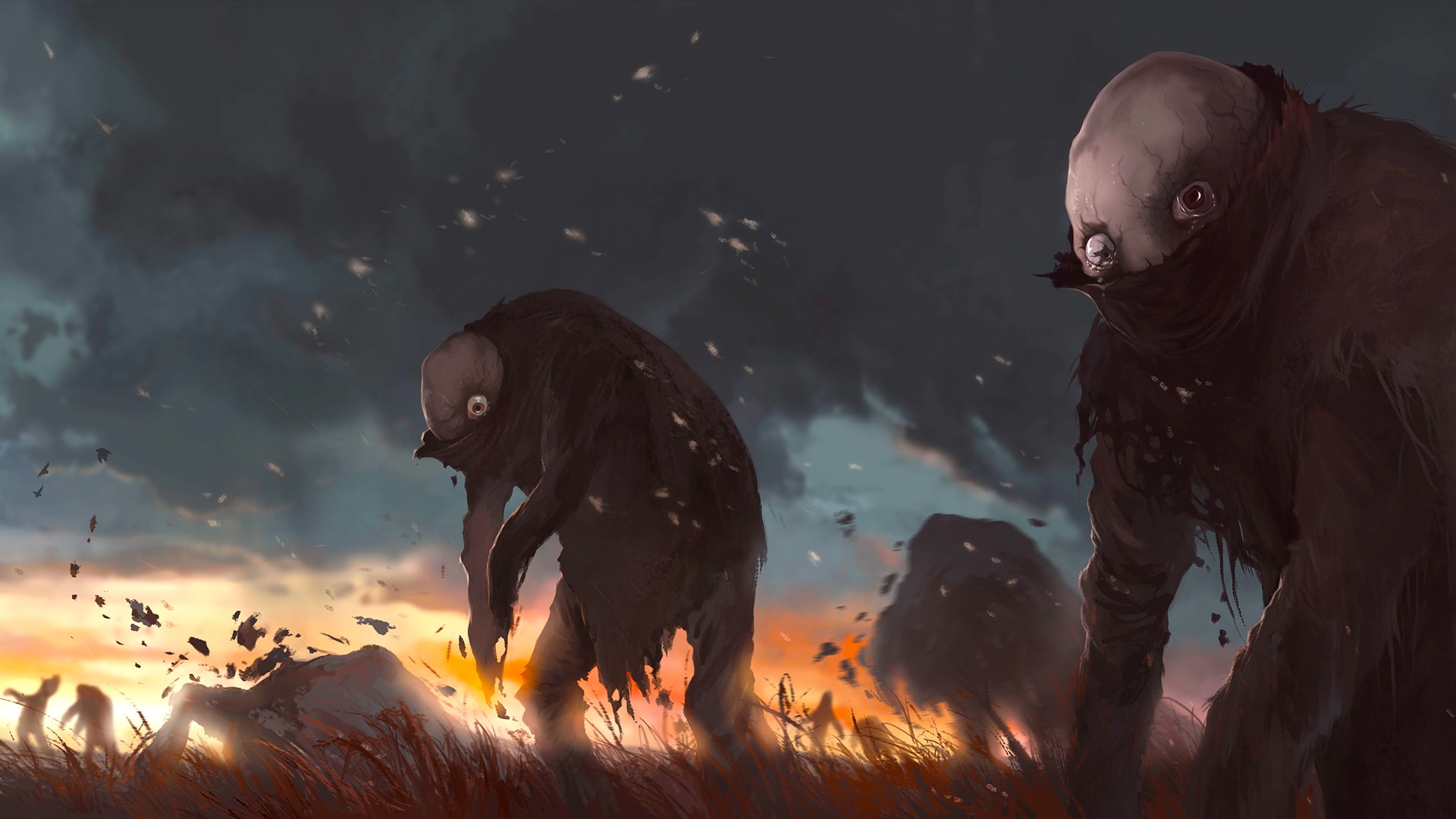
In Ice-Pick Lodge, you’ll face tough moral choices as you try to survive. You’ll have to decide how to distribute limited medicine during an outbreak, and your decisions about quarantines, stealing supplies, and which patients to treat will have lasting consequences on the game’s story and the condition of different areas. How people see you in each neighborhood impacts how safe you are, the prices you pay, and who you can interact with. The game, published by tinyBuild, also limits how much you can play each day, meaning missed opportunities are gone for good.
‘Vampire: The Masquerade – Bloodlines’ (2004)
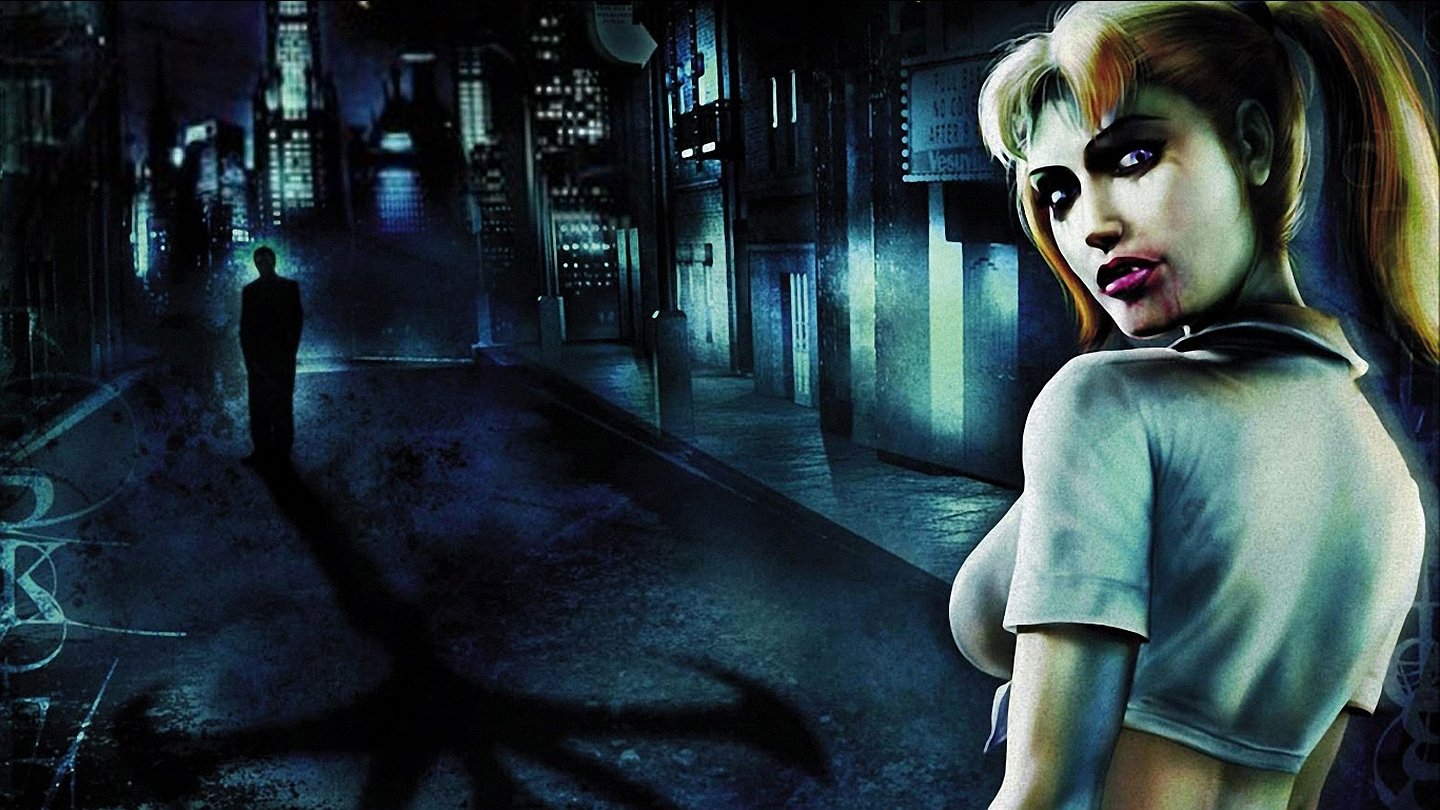
In the Vampire: The Masquerade game, Troika Games presented players with difficult choices, like helping either the Anarchs or the Camarilla, which impacted how quests unfolded and ended. A central storyline involving a sarcophagus challenged players to carefully consider who to trust, as bad decisions could be fatal. The vampire clan you chose also determined whether you’d focus on social interactions or stealth to minimize harm to others. Originally published by Activision, later updates restored lost content, giving players even more options and different endings.
‘Divinity: Original Sin 2’ (2017)
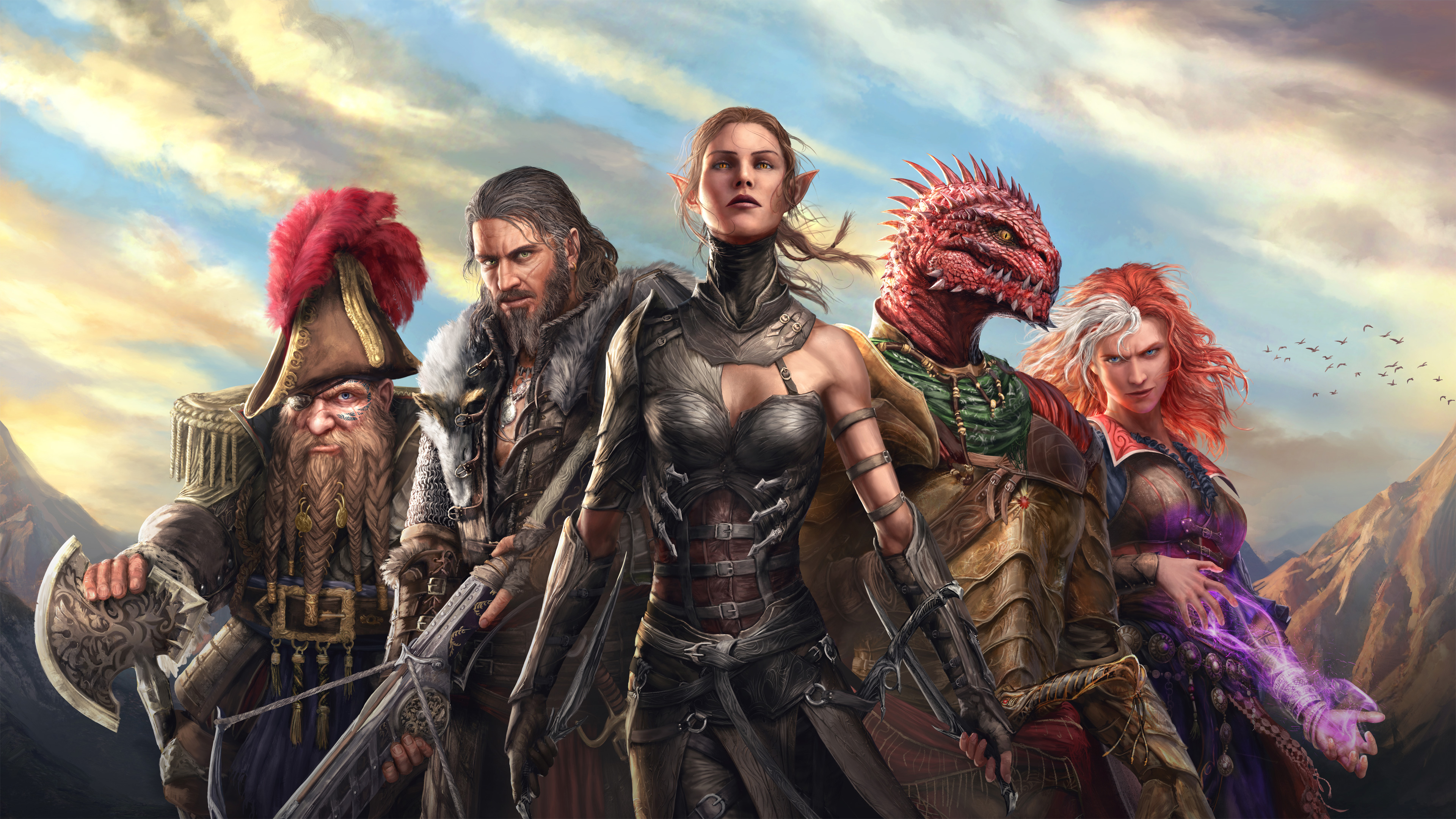
In Baldur’s Gate 3, the central conflict revolves around a choice: become a god or destroy the source of magic, fundamentally changing the world. The game’s unique origin characters, such as Lohse and Fane, present difficult decisions where saving themselves might jeopardize the entire group. Success in conversations often depends on your character’s background – traits like being a Noble or an Outlaw can unlock special outcomes that determine the fate of characters you meet. Larian Studios published the game independently, and the robust Game Master tools highlight how much freedom and flexibility the game offers.
‘Pillars of Eternity’ (2015)
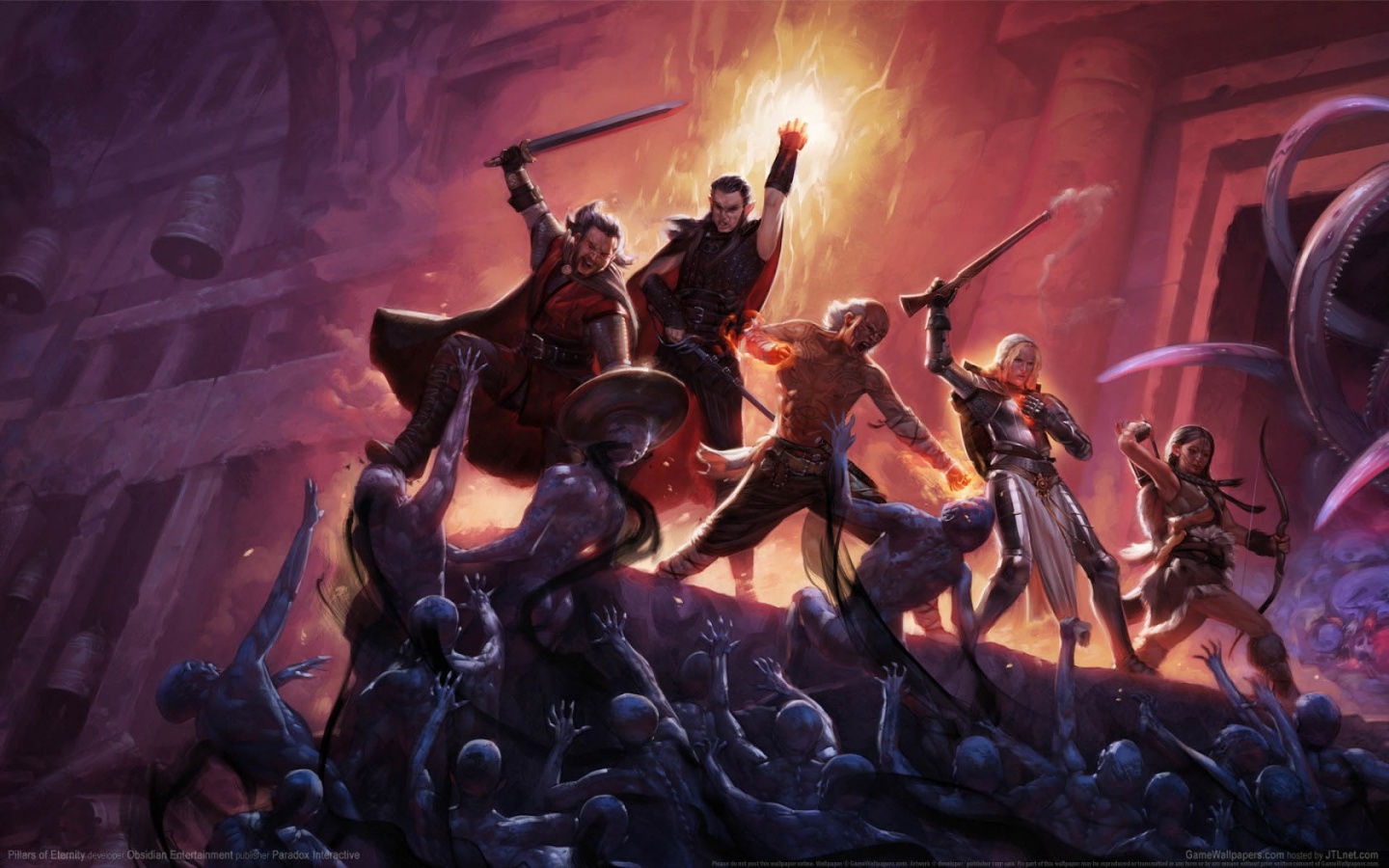
In Obsidian Entertainment’s game, you’ll face tough regional choices – like deciding who leads important groups or shaping the future of a town. The story’s secrets about souls and a mysterious key change how the game ends, letting you either reveal the truth or maintain order. Your decisions about strongholds affect which groups become your enemies and who will help you. The game, published by Paradox Interactive, even shows you a summary of how all your choices added up at the end.
I’m always fascinated by those RPG choices that really stick with you, you know? What’s the one decision you’ve made in a game that you still find yourself thinking about long after you finished playing? I’d love to hear about it in the comments!
Read More
- Top 15 Insanely Popular Android Games
- Did Alan Cumming Reveal Comic-Accurate Costume for AVENGERS: DOOMSDAY?
- Gold Rate Forecast
- ELESTRALS AWAKENED Blends Mythology and POKÉMON (Exclusive Look)
- EUR UAH PREDICTION
- New ‘Donkey Kong’ Movie Reportedly in the Works with Possible Release Date
- Core Scientific’s Merger Meltdown: A Gogolian Tale
- Why Nio Stock Skyrocketed Today
- 4 Reasons to Buy Interactive Brokers Stock Like There’s No Tomorrow
- The Weight of First Steps
2025-11-17 14:48